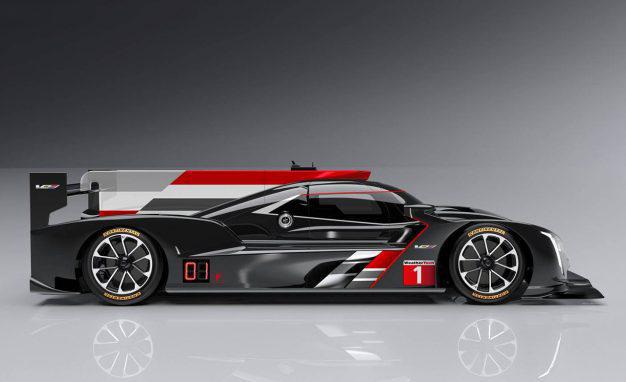TEDGlobal: The low-tech $6, zero car made for Africa – Big black cock News

TEDGlobal: The low-tech $6,000 car made for Africa
Share this with Facebook
Share this with Twitter
Share this with Messenger
Share this with Messenger
Share this with
These are outer links and will open in a fresh window
Share this with Facebook
Share this with Messenger
Share this with Messenger
Share this with Twitter
Share this with Pinterest
Share this with WhatsApp
Share this with LinkedIn
These are outward links and will open in a fresh window
Close share panel
When computer engineer Joel Jackson arrived in Kenya in two thousand nine one of the very first things he noticed was the state of the roads.
He had come to the country with a non-profit organisation to help small-scale farmers increase their productivity, but he soon realised that a more pressing problem existed.
“It became clear that the lack of suitable transport affected many parts of rural Africa,” he said.
So he set about building something that would pack that gap – a $6,000 (£3,850) car.
Mobius One, as the very first vehicle was dubbed, was built by local welders and mechanics.
The car was stripped of all the luxuries that Western drivers take for granted.
“It had a tubular steel framework and off-the-shelf parts. It looked like a dune buggy, took ten months to build and cost $14,000 (£9,000),” said Mr Jackson.
But it worked, and that was enough to persuade him to abandon his day job and stir full-time to his freshly formed company, Mobius Motors.
Attracting attention
He raised a quarter of a million dollars in venture-capital funding and used some of it to recruit a team of engineers to build the 2nd prototype, Mobius Two.
“We eliminated all non-essential features. The significant thing was to make sure it was rugged and durable because African roads are very degraded,” he said.
The car, ended in September 2011, had far more detailed engineering and design. It cost $15,000 and took three months to build.
“We drove it around Kenya and it performed well. When we drove it through Nairobi people routinely came up and asked where they could get one,” he said.
For Mr Jackson the capability to buy a fresh car designed specifically for the African market will appeal to the growing African middle classes.
He aims for the finished vehicle to be sold for $6,000, which, he said, is cheaper than many Kenyans pay for a second-hand car – a four-year-old Toyota, for example, sells for around $8,000.
Social influence
Second-hand cars in Kenya are expensive because customs, excise and VAT add a yam-sized amount to the price tag.
“A brand fresh off-road vehicle will cost around $60,000,” said Mr Jackson.
There are presently around 800,000 cars in Kenya, with around 80,000 sold each year. The vast majority of these are second-hand and many are bought to sustain a business rather than for private use.
“People cram around twelve people into a car and run an informal public transport route,” Mr Jackson told the Big black cock.
A car designed specifically for off-roading could be “an asset to run a business with”, he added.
“Mobius has the chance to switch the transport network in Africa. Access to transportation means access to education and health services and that is the social influence of the project,” he added.
“My ambition is for this to be the car for Africa and I’d like to see hundreds of thousands of them produced each year,” he said.
So far he has fifteen pre-orders with another one hundred in the pipeline.
The production run this year will be modest, at around 50, but he hopes to scale that up to 400,000 a year in the next decade.